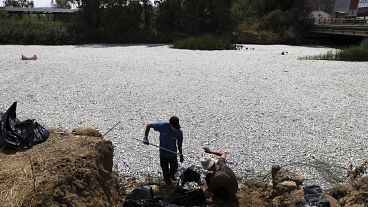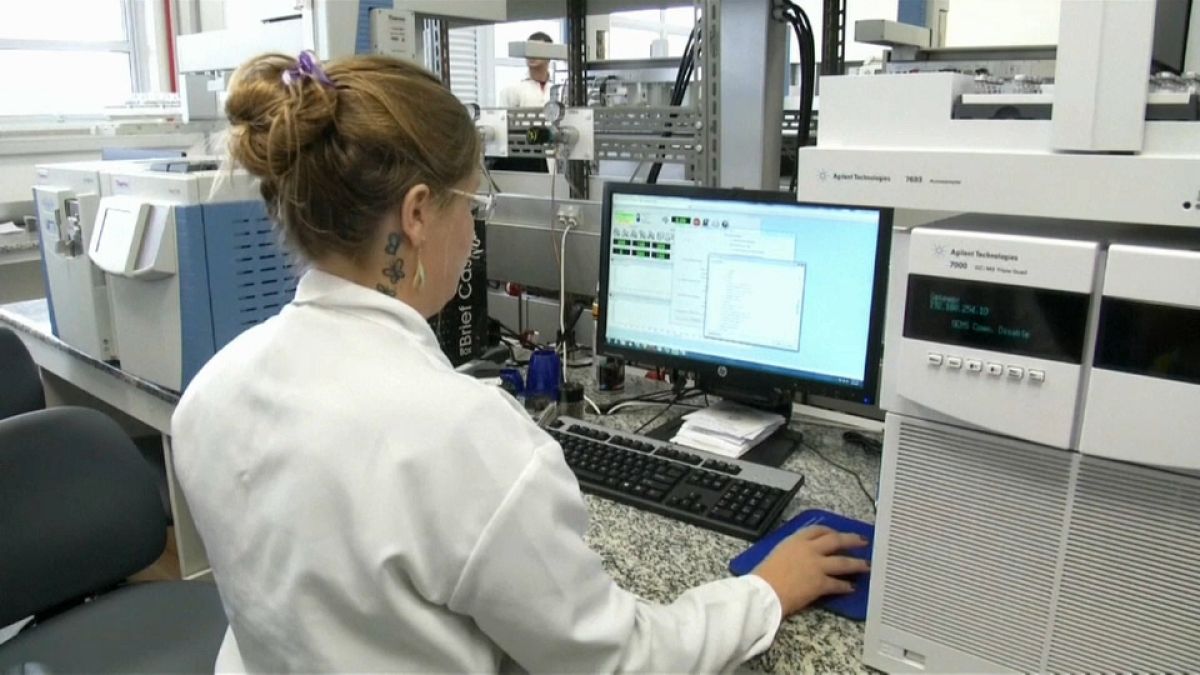Gonorrhoea is becoming untreatable as superbug strains of the sexually-transmitted infection emerge, health experts warn.
The new strains mean antibiotic drugs used to treat it are becoming less effective, according to the World Health Organization (WHO).
Drug resistance is a particular problem in Europe, figures show.
Resistance to azithromycin – one of the last lines of defence against the disease – is highest in Greece and Ireland.
Twenty-one other countries in WHO’s Europe region have levels of resistance high enough (5 percent or more) for doctors to recommend changing drugs.
WHO analysed 77 countries worldwide and concluded resistance to antibiotics used to treat gonorrhoea was widespread.
Teodora Wi, a human reproduction specialist at WHO, said it was just a matter of time before last-resort gonorrhoea antibiotics become useless.
She said there were three cases – in France, Japan and Spain – where the infection was totally untreatable.
“These are cases that can infect others, it can be transmitted,” she told reporters. “And these cases may just be the tip of the iceberg, since systems to diagnose and report untreatable infections are lacking in lower-income countries where gonorrhoea is actually more common.”
“Gonorrhoea is a very smart bug,” she added. “Every time you introduce a new type of antibiotic to treat it, this bug develops resistance to it.”
WHO estimates 78 million people a year get gonorrhoea, an STD that can infect the genitals, rectum and throat.
The infection, which in many cases has no symptoms on its own, can lead to pelvic inflammatory disease, ectopic pregnancy and infertility, as well as increasing the risk of getting HIV.
Experts are also pessimistic about finding new drugs to treat gonorrhoea.
Manica Balasegaram, director of the Global Antibiotic Research and Development Partnership, said the situation was “grim” and there was a “pressing need” for new medicines.
The pipeline, however, is very thin, with only three potential new gonorrhoea drugs in development and no guarantee any will prove effective in final-stage trials, he said.
“We urgently need to seize the opportunities we have with existing drugs and candidates in the pipeline,” he told reporters. “Any new treatment developed should be accessible to everyone who needs it, while ensuring it is used appropriately, so that drug resistance is slowed as much as possible.”












